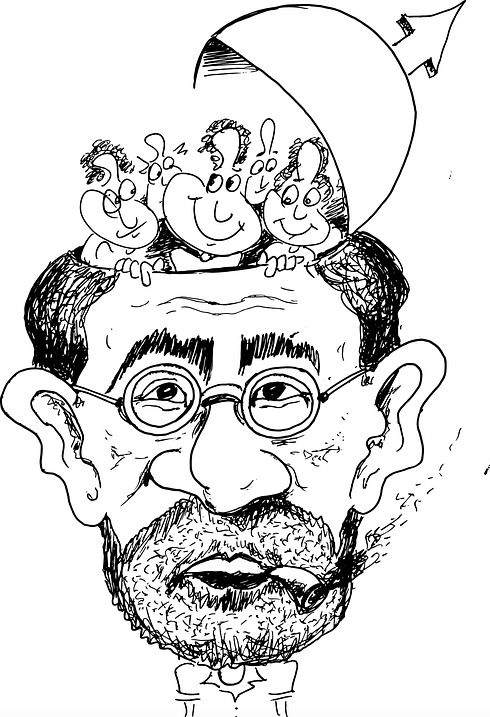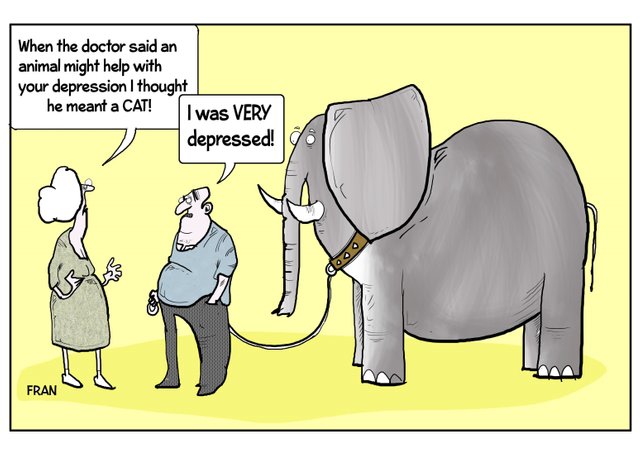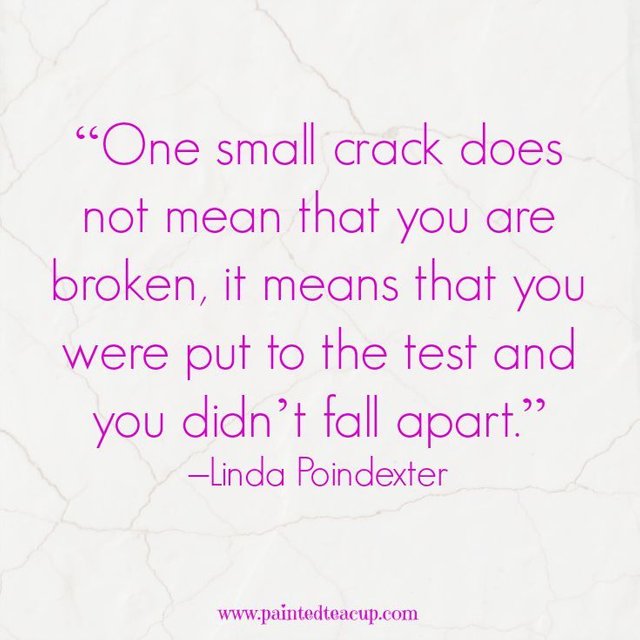Psychiatry and Psychotherapy - Mental health awareness
The unpalatable truth about mental illness is that it is still regarded as carrying a social stigma so that many people prefer to suffer in silence.
By the very nature of psychiatric illness, many sufferers cannot afford to be treated in the private sector and therefore have to rely on the hard-pressed public facilities which are mostly understaffed and inadequate. A further difficulty is that psychiatric care is often carried out by a person from a different cultural group, which can make meaningful communication difficult to initiate or sustain.
At one time, psychiatry dealt mostly with severe an incapacitating mental illness. Today, psychiatrists and other mental health professionals are called upon to treat a wide range of problems: eating disorders, sexual dysfunction, marital problems, stress-related diseases, personality problems, violent and aggressive behaviour, alcoholism, substance abuse and sleep disorders, among others. As with other medical specialities, mental-health professionals now tend to concentrate on only one or two areas (for their own sanity).
The treatment of mental illness has changed dramatically since the 1950's, when psychoactive medication (psycholeptics) were first introduced. Before, patients with severe mental illness were institutionalized. Now, potent tranquilizers and other psycholeptics enable them to live outside a mental hospital.
There are drawbacks, however. For the most part, these new medicines do not cure, but instead help to bring the disease under control - a process which usually requires continuing therapy. In treating manic-depression and schizophrenia, for example, life-long medicine therapy is necessary, usually in conjunction with counselling.
Those who are discharges to 'community care' can drop out of care and end up belonging to no recognizable community, sleeping in the streets. Without any support structure, they often stop taking their medication and relapse. In addition, the side effects of psychoactive medicines may pose other hazards, which range from drowsiness and movement disorders to addiction and fatal overdose.
Even if psycholeptics are prescribed, nondrug therapy is also recommended. The type of approach varies according to the underlying illness and may include the following:
- Psychodynamic psychotherapy
Psychodynamic psychotherapy is a form of depth psychology, the primary focus of which is to reveal the unconscious content of a client's psyche in an effort to alleviate psychic tension.
Source

In other words, it is an attempt to uncover the source of mental disturbance by getting the patient to talk freely, especially about childhood experiences and dreams. One-to-one psychoanalysis is the most intensive, lengthy and expensive form of psychotherapy.
- Short or time-limited psychotherapy
This method has evolved as a popular alternative to classic psychotherapy. In this approach, the patient and therapist agree upon a specific goal and the number of sessions needed to achieve it.

- Cognitive therapy
Cognitive therapy is based on the cognitive model, which states that thoughts, feelings and behavior are all connected, and that individuals can move toward overcoming difficulties and meeting their goals by identifying and changing unhelpful or inaccurate thinking, problematic behavior, and distressing emotional responses.
Source
For example: If you are invariably late in meeting deadlines because you cannot get started before the end date looms, the therapist will help pinpoint the attitudes responsible for your poor work habits and suggest ways to change them.
This approach is especially effective in treating depression.

- Behavioural modification
Behavior modification refers to behavior-change procedures that were employed during the 1970s and early 1980s. Based on methodological behaviorism, overt behavior was modified through the use of presumed consequences, including positive and negative reinforcement contingencies to increase desirable behavior, or administering positive and negative punishment and/or extinction to reduce behavior.
Source
It is helpful in overcoming phobias, bad habits such as smoking, eating disorders and certain forms of compulsive behaviour such as obsessive hand-washing.
Mental health does not have to be a death sentence!
It doesn't have to carry a social stigma!
Help is out there!
Before judging - THINK - What if it was ME?


tremendous content! congratulations!
A great informative log
There is a way out of mental illness. The victims should be given proper orientation and like you said; no social stigma
Thanks @bdmomuae for such thorough yet simple demonstration.
But don't you agree with me that no effective therapy can be done away from changing the environment which if not caused the illness, facilitates its development at the first place.
For example, The shift of someone's emotions and thoughts as he starts to feel appreciated, loved and secured indicates the effect society has on each person's psyche.
@bdmoumuae can you tell me is there any side effects for working at night and sleeping in day ?? I am getting differenyt opinions from many persons.what do you think??
Thank you for your sharing.
so informative.. good
I am new here. please vote me on steemit.
the fact of omitting attending medical attention, lies in the distortions of the patient, rather than in the social stigma. If we have a pathology we must face it, many therapists decided to omit the diagnoses because they represent limitations instead of serving as a tool.
This is really a shame and suggests that I'm not in touch with this. For whatever reason, I've always been comfortable being transparent about my mental oddities - they're a part of my identity. So, I'm lucky.
I'm also lucky enough to be able to see a psychoanalyst every week (just hit my one year mark) to address some childhood trauma and hopefully get some relief my anxious self and dissociative issues. I'm 30 years old and, in the past few years, it's been the first time in my life I've actually had money to take care of myself and be independent. Which is really good timing because I don't know how much longer I could be avoidant and linger in escapism.
So, your post makes me feel for those even older than me, maybe some went through similar trauma, and I can't imagine what a hard time they're having :(
Thanks for writing.
Upvote this: https://steemit.com/free/@bible.com/4qcr2i